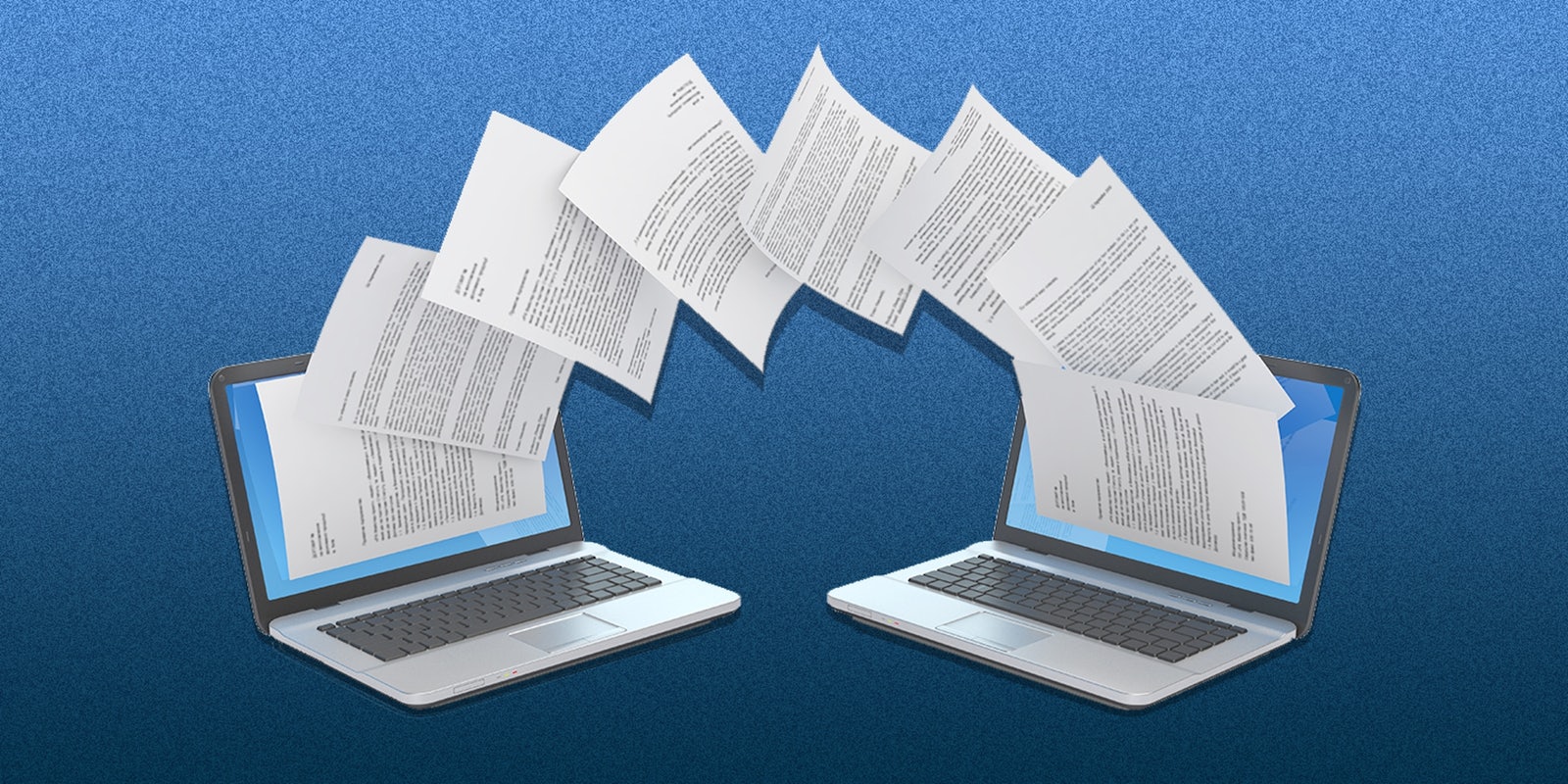Technology companies and consumer advocacy groups on Tuesday urged the Senate to move forward with a landmark bill reforming the privacy of online communications.
Silicon Valley giants like Apple and Facebook joined civil-society organizations like the Electronic Frontier Foundation and New America’s Open Technology Institute in writing a letter to Sen. Chuck Grassley (R-Iowa), the chairman of the Senate Judiciary Committee, which will soon consider a bill requiring investigators to get a warrant before acquiring Americans’ electronic communications.
The Email Privacy Act, which passed the House on April 27, closes a loophole in the 1986 Electronic Communications Privacy Act that lets government agents demand emails with a civil subpoena instead of a judicially approved warrant if the messages are more than 180 days old. ECPA was written before people held onto communications for a long time and well before the advent of most of the world’s top messaging services.
In addition to the House bill—which despite its name would cover all online communications, not just emails—the Senate may also look at Sens. Mike Lee (R-Utah) and Patrick Leahy (D-Vt.)’s ECPA Amendments Act, which has slightly different provisions but shares the main feature of closing the 180-day loophole.
The civil-liberties and tech groups told Grassley that it was imperative that Congress enact email privacy reform. The House bill, they said, “represents a carefully negotiated compromise which preserves existing [emergency] exceptions to the warrant requirement, provides a new ability for civil agencies to obtain access to previously public commercial content, and maintains the government’s ability to preserve records and obtain emails from employees of corporations.”
Civil enforcement agencies like the Federal Trade Commission and the Securities and Exchange Commission had lobbied for a provision exempting their electronic communications requests from the warrant requirement, arguing that compliance would slow down valuable enforcement activity. That provision didn’t make it into the House bill, but it could still pop up in the Senate.
The tech community said that such a carve-out “would have expanded government surveillance power and undermined the very purpose of the bill.”


